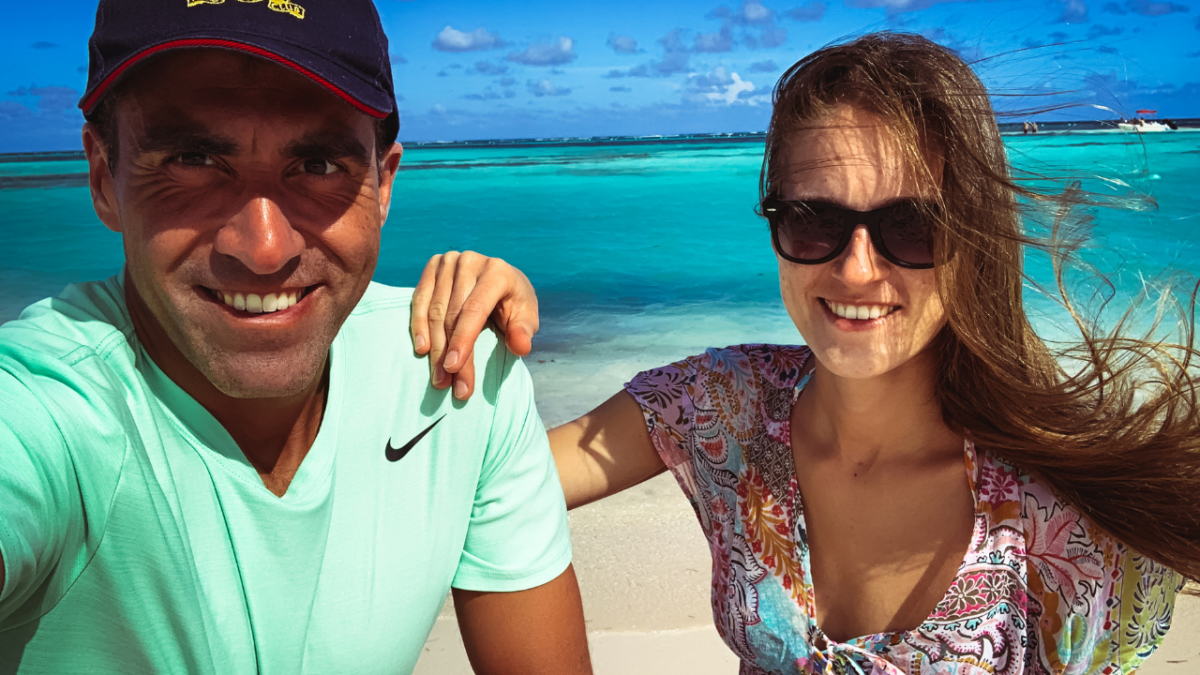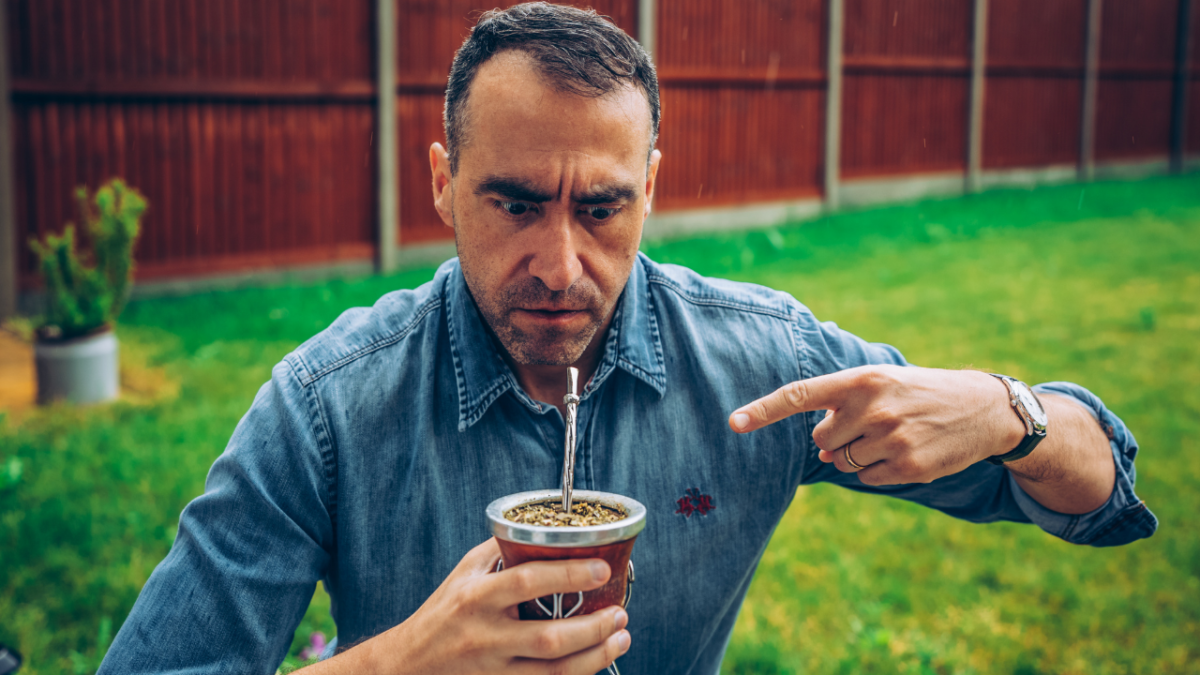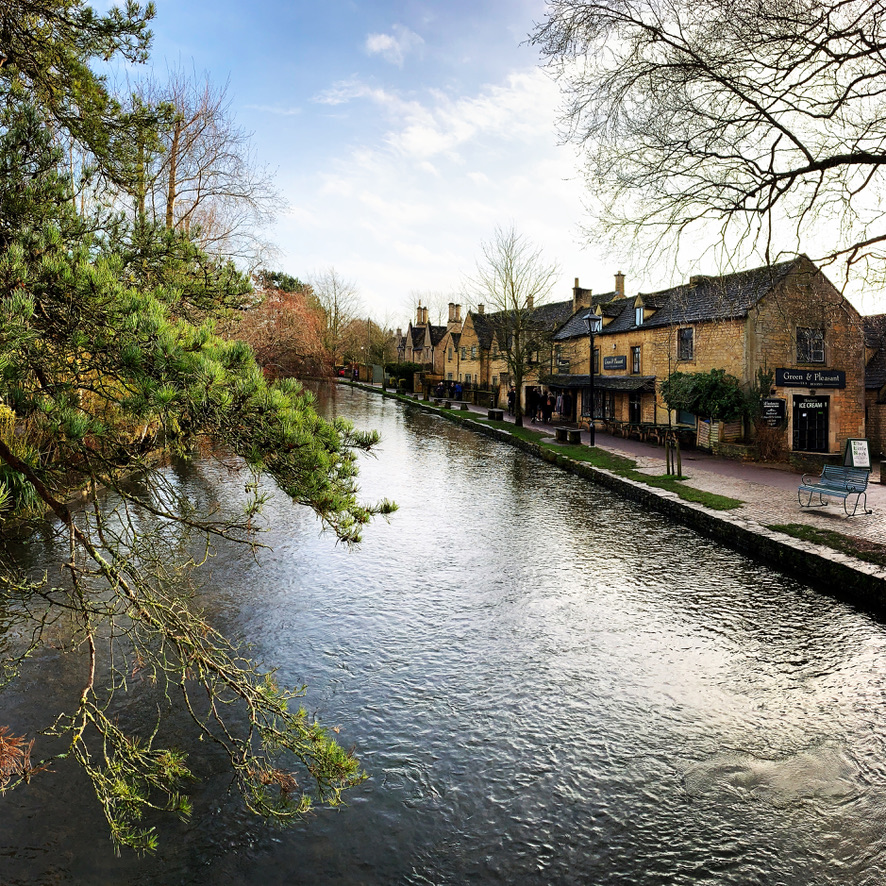I Didn’t EXPECT This in Dominican Republic
When we think about a Caribbean island, I’m sure words like freedom, tropical sunshine, relaxation, and joy come to mind. We’re not wrong. But I wanna share 3 things I experienced that go beyond all that and were the highlights of my trip to Dominican Republic.
My first destination was Punta Cana, Dominican Republic. If you’re like me, you might understand that sometimes we need to take time off to recharge our batteries. Punta Cana is an interesting place for that: 30km of white sand and clear water doesn’t sound too bad. It has also become a beach resort powerhouse over the years. There’s so many all-inclusive properties packed with options for any type of activity. And in this case, probably it was well justified as it was the beginning of our honeymoon.
But what these resorts lack is a true immersive experience in the Dominican Republic. And that’s alright, I guess that’s the main goal for the majority of people. Stay in the resort, enjoy all the amenities, the paradise, the cocktail and so on. Don’t get me wrong, I enjoy that too, I respect it but I still need to meaningfully connect with the destination and unfortunately that’s not always possible in the resort from my experience. This is critical in every trip I go. I need that connection with the place I’m visiting.
I’m going to divide this story in 3 parts and share with you the Dominican Republic from a different angle.
Before I forget, I’ve also made a video about this in case you want to check:
3. LEAVE THE RESORT AND UNLOCK THE LOCAL DOOR
After enjoying 24 hours the resort in Punta Cana, we decided to leave behind the comfort and went to Anamuya. In this amazing rural area, we spent time with squirrel monkeys. We also tasted some local arabica coffee from a coffee plantation, hot cacao and rum.
Dominican Republic is one of the biggest organic cocoa producers in the world. Anamuya’s one helps manufacture well known chocolate brands such as Green & Black. We tasted the cocoa directly from the tree.
What I found also incredibly interesting is that 90% of the coffee produced in Dominican Republic is organic and environmentally friendly because farmers do not use chemical pesticides or fertilisers in the growing process.
From my European perspective I was more used to trying this nice chocolate here or cup of coffee there without really thinking too much about what it takes to actually make all that. So seeing this in person in this plantation in Dominican Republic was a wake up call for me and I can only admire this people going through such a demanding work.
The other interesting thing worth sharing was the time we spent with squirrel monkeys. The place was a natural forest and they protected the monkeys really well.
We didn’t see a single monkey, so we thought what’s going on here? So they gave us some small fresh fruits and suddenly ALL monkeys were with us.
2. LEARN THE LOCAL LANGUAGE, POR FAVOR.
Traveling as a speaker of the local language can revolutionise the trip abroad. Probably you saw already in many of my posts and videos I highlight this point and I’m really sorry I keep insisting. But I feel like it’s so much easier to connect with the local people when we’re able to speak their language or at least few sentences. They just smile, they feel safe, they feel respected and there’s instant connection.
OK I was lucky here, I didn’t need to learn anything because I’m a native Spanish speaker but I paid attention when the local people were approached in English and in Spanish and it was a very different reaction.
When it comes to speaking to somebody from a rural area, for obvious reasons,English is a less familiar language, so I feel like going to these coffee plantations and showing that “hey, we learned 1 or 2 sentences in your language as a sign of respect” is going to bring a different level of chemistry to the conversation and they will appreciate the effort we’re putting in to talk to them.
Actually, I have a full video talking about how learning languages improved my life, so if this sounds remotely interesting, you might want to check it out here.
1. TIME IS RELATIVE.
The biggest communication problem is not language. It’s the fact that we don’t listen to understand but we listen to reply. We’re constantly reacting and making assumptions.
It’s easy to judge and say that people in the island are not super productive just because they have their own definition of time. But do we actually take a moment to try to understand what’s going on?
On the way back from the countryside, I noticed that the locals didn’t have much. They didn’t own many things, lived in small houses and had little food. Many people didn’t even have clean or running water. In fact, some didn’t have enough money to keep shoes on their feet, but yet they stay happy, friendly, polite and working very hard.
I feel like in a way they practice mindfulness by slowing down, making happiness a way of life and not stressing about every little detail. They don’t spend their time complaining, but choose to work hard and do it with a smile. I truly admire the way they go through life with a positive attitude, and most of all, a grateful heart.
I personally learned a lot from Dominican Republic and their culture. In fact, it reminded me that we don’t have to rush through life unhappy and always stressing. We have the choice to slow down, enjoy family and friends, experience nature, say thank you more often and keep a positive attitude about life.



One Response
Comments are closed.